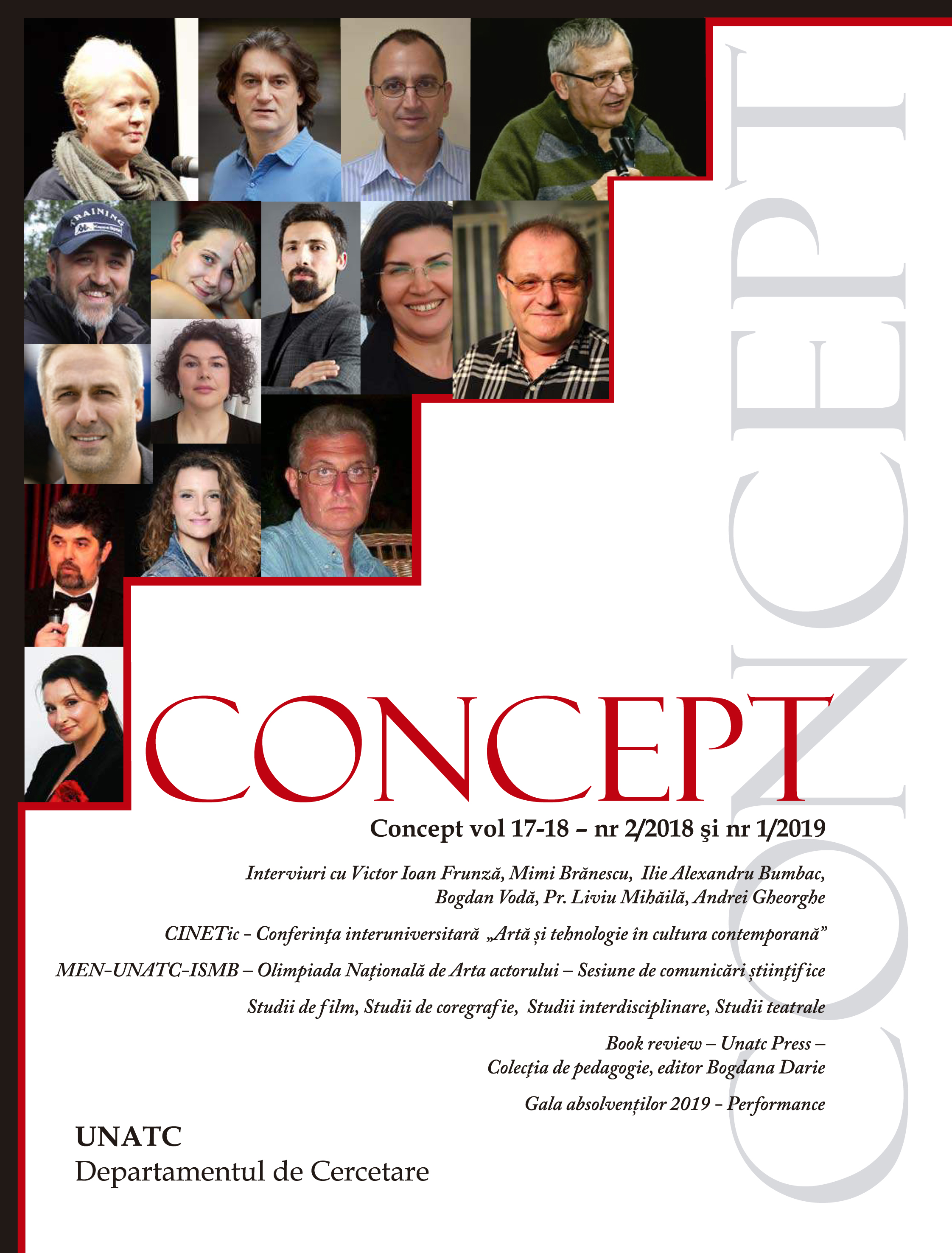PERCEPȚIA CONTEMPORANĂ ASUPRA IMPACTUL SOCIAL AL ARTEI: O ANALIZĂ A ORIGINILOR INTELECTUALE
CONTEMPORARY PERCEPTION OF THE SOCIAL IMPACT OF ART: AN ANALYSIS OFTHE INTELLECTUAL ORIGINS
Author(s): Alexandra PopaSubject(s): Fine Arts / Performing Arts, Sociology of Art
Published by: Universitatea de Teatru si Film »I.L. Caragiale« (UNATC)
Keywords: social impact of art; intellectual history; negative impact; positive impact;
Summary/Abstract: In the context of current debates on the social impact of art, the present paper offers a classification of the themes and concepts made throughout history on the effects of art on individuals and society. The timeframe analysed in this paper is generally aligned with Western civilization itself. The ideas presented were explored by using literary, philosophical and political texts from the sphere of Western civilization (mostly European), starting from Ancient Greece and continuing to the present day. The unique advantage of a historical approach is that it can offer a clarification on the diverse and complex nature of the distinctions made in the past around art and its effects. The proposed impact categories have been formulated through an inductive method and the texts were analysed to find recurring themes and concepts. The classification is based on identifying three main branches of philosophical theories on the social impact of art. The first is the „negative approach”, which states that art is a corrupting and distracting force in society. The second is the „positive approach” which considers that art has beneficial effects. The third rejects such pragmatic perceptions on art and states that its value is purely aesthetic and it should not be associated with or dependent on utility and other practical or ethical concerns. We hope that this analysis forms a clear image on the origins of contemporary ideas about the social impact of art. By emphasizing the problematic of the „art is good for you” rhetoric and by following the trajectory of our so-called „negative approach”, we wish to support current political debate to successfully overcome the generally accepted simplistic characterization of the social impact of art.
Journal: Concept
- Issue Year: 2019
- Issue No: 1-2
- Page Range: 194-205
- Page Count: 12
- Language: Romanian

